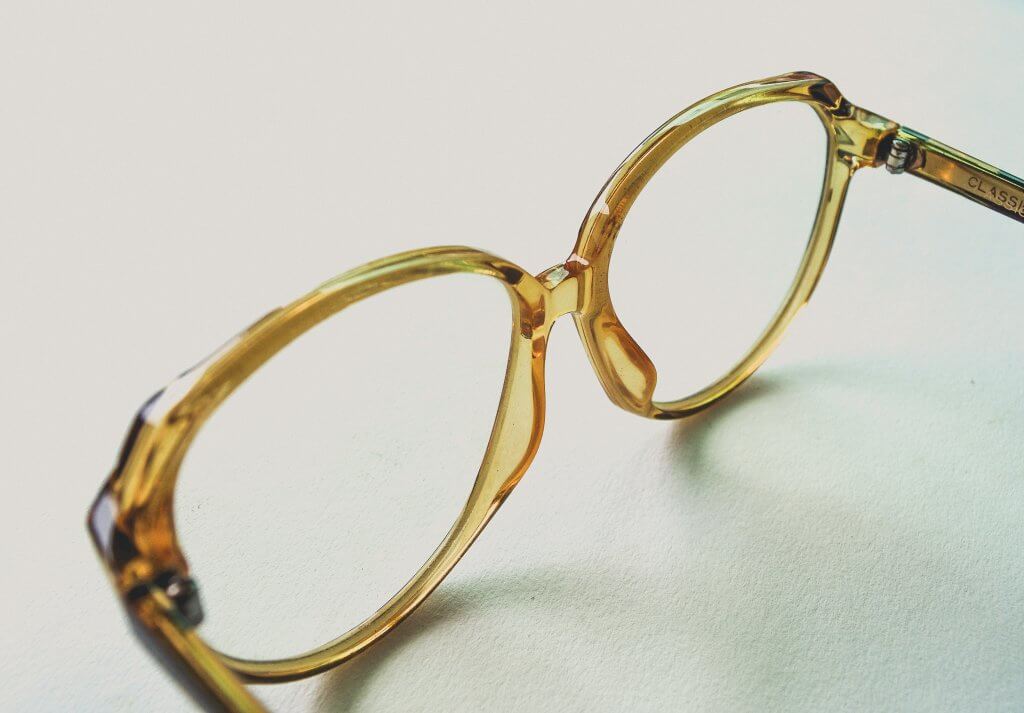Why Does Everything Seem Darker in One Eye?

glasses style
We should all be sure that we’re regularly visiting our optometrist or ophthalmologist for routine eye exams. This is especially important if you notice any problems or changes in your vision. Vision changes can be disconcerting, especially when you notice a change in one eye and not the other. Darkening vision in one eye warrants a visit to your eye doctor.
Here, we’ve outlined how the eye works, what darkening vision may mean, and what you should do if you experience this sensation.
How Does the Eye Work?
To understand how vision changes, you must first understand how the eye works. Light enters the eye through the cornea, passes through the pupil, and reflects off of the lens. This reflection is picked up by the retina and transferred to the optic nerve, which transmits vision signals to the brain.
Your two eyes work together, creating a cohesive singular picture as you view the world. When vision changes impact one eye, it can distort this picture, making it more difficult to see clearly.
Problems with any aspect of vision, from the cornea to the retina or the optic nerve, can lead to darkening vision. To find the cause, your doctor will provide an in-depth eye examination to find the cause of your vision changes.
Darkness in One Eye- Potential Causes
There are many potential causes of darkening vision in one eye. Some of the conditions can be serious, so we recommend visiting your eye doctor as soon as possible.
Some of the most common causes include:
- Age-related macular degeneration (AMD) – AMD is a degenerative disease that causes vision loss in the center of the eye. Initially, it can appear as darkening and will progress to complete central vision loss.
- Cataracts – Cataracts are a clouding of the lens, making it more difficult for the eye to see clearly.
- Glaucoma – Glaucoma is a pressure increase in the eye. Without proper treatment, it causes a gradual loss of sight.
- Retinal detachment – Retinal detachment is an eye emergency. It occurs when the retina begins to separate from the back of the eye. This condition is treatable, but the longer the retina remains detached, the more likely you are to experience permanent vision loss.
- Eye stroke – The eyes are filled with blood vessels and can experience blockages, just like the rest of the body.
If your vision appears darker in one eye, this doesn’t always mean that only one eye is having problems. You may be experiencing more significant effects in one eye than the other, making it hard to notice the vision changes that have occurred in the other eye.
What Should I Do If Everything Seems Darker in One Eye?
If you’re experiencing dark spots or vision changes, you need to meet with your eye doctor as soon as you can. They can help you find the causes of these changes and explore your treatment options. Will Vision and Laser Centers have many advanced treatments available for vision changes, nearsightedness, farsightedness, astigmatism, dry eye, and more.
Can LASIK Cause Darker Vision in One Eye?
LASIK surgery isn’t typically a cause of vision darkening. Modern LASIK technology using a powerful excimer laser and Wavefront technology is a proven and effective technique for improving vision.
Learn More!
With more than 30 years of experience, Dr. Brian Will is one of the most sought-after LASIK surgeons in the Pacific Northwest. If you have any questions regarding vision loss, LASIK, or any similar concerns, don’t hesitate to contact Will Vision and Laser Centers today at (877) 542-3937.